The owner of the Palo Alto Square business park is heading for a legal showdown with the city over its plan to convert the movie theater that once housed CinéArts into an office building.
Attorneys for the property owner, Hudson Pacific Properties, notified the city earlier this month that they believe the owner has a "vested right" to convert the theater building, known as Building 6, of the business park into an office building.
As such, they are disputing a determination by Palo Alto's planning staff that the proposed conversion represents an amendment to the "planned community" zoning that governs the site at 3000 El Camino Real. Any effort to change the zoning designation would require numerous public hearings and ultimate approval from the City Council, the planning staff asserts.
At stake in the legal dispute is the future of a movie theater that was once renowned among local cinephiles for screening international and independent films but that has remained vacant since the onset of the pandemic.
Under the proposal that Hudson Pacific submitted on March 29 and resubmitted on April 12, the interior of the theater would be demolished and its sloped theater seating floor would be infilled to accommodate office use. The project would also involve adding windows to each of the theater's walls and creating conference rooms on each side of the building's lobby.
The building would also have an open collaboration space near the entrance that would lead to a double-height open office, the plans show.
Repeated fights to keep theater open
Hudson's new plan is just the latest in a series of attempts by the property owner to get rid of the movie theater. The movie chain's parent company, Cinemark, attempted to close CinéArts in 2016, prompting significant pushback from the community and the City Council, as well as a petition signed by more than 1,600 residents that called the theater "a critical part of our cultural and entertainment life in Palo Alto." The closure was averted after Hudson and Cinemark struck a deal to keep it open.
The reprieve proved temporary, however, with Century deciding in 2021 to permanently close the Palo Alto Square theater. In May of that year, the theater company installed a lockbox in front of the theater, placed the front door keys in the lockbox and penned a farewell letter to Hudson Pacific. The letter blamed the "unprecedented circumstances" of the pandemic for its decision to close.
"As you are aware, Century and the theater industry as a whole faced a particularly acute challenge stemming from the COVID-19 outbreak due to the various local, State and Federal mandates specifically requiring the closure of public motion pictures," Paul Ledbetter, real estate counsel for Century Theaters, one of Cinemark's brands, wrote to Hudson.
"While such mandates were wide and prudent given the situation, it unfortunately resulted in economic hardships and unintended consequences for Century that ultimately led to this decision," Ledbetter wrote.
While some city officials, including former City Council member Tom DuBois, had hoped that the building would be taken over by another theater company, Hudson's new application would preclude another revival.
Approval of the project, however, may hinge on the resolution of a legal dispute over whether the PC zone that governs the property actually requires a theater or merely allows one. The city in the past has taken the former position, citing a map that was attached to the original development agreement showing a theater.
Hudson Pacific has taken the latter position, noting that the text of the ordinance creating the PC district doesn't actually specify that a theater is required.
That old dispute is now resurfacing yet again. Upon receiving the application, planning staff classified Hudson's proposal as a "pre-screening" application, which would require a study session before the City Council followed by formal reviews by the Planning and Transportation Commission once a regular application is filed.
Hudson is arguing that the staff determination was incorrect and that because the conversion project does not require a zoning amendment or other legislative actions, a pre-screening process is not warranted. Because the PC ordinance that governs the property already allows office use at Palo Alto Square, the project should be processed "as expeditiously and efficiently as possible."
"The Project involves an office use in a long-established office complex in a long-established office park," attorney Matthew Francois of the firm Rutan & Tucker wrote on behalf of Hudson in a May 16 letter to Planning Director Jonathan Lait. "As such, the Project does not involve a major alteration or expansion implicating major land use or policy concerns.
"More fundamentally, Hudson has not applied for nor requested Preliminary Screening and does not consent to that process."
Francois also argued that because Hudson submitted a revised application on April 12 and the city had not acted on the application within 30 days, the application should be automatically deemed complete. That's because of the Permit Streamlining Act, a state law that gives public agencies 30 days to comment on whether submitted applications are complete.
"Any subsequent actions by City Staff now do not negate the fact that the Application was deemed complete as of May 12, 2023," Francois wrote.
Lait said in an email that staff believes a PC amendment is required for the application to move ahead, which would require a pre-screening followed by a formal application. He said staff is now reviewing the letter from Hudson's legal counsel.
Palo Alto's history of disputes over 'public benefits'
Francois' letter represents the latest in a string of recent challenges mounted by developers to the city over "planned community" (PC) projects, which exceed local zoning rules and which get approved after direct negotiations between the City Council and the developer.
The zoning designation fell out of favor about a decade ago after a series of contentious PC proposals in which required "public benefits" didn't actually materialize (some of the most often cited examples involve the restaurants St. Michael's Alley and Caffe Riace, which effectively annexed "public plazas" that were approved through the PC process and turned them into extensions of their dining spaces).
Two relatively recent PC projects, the redeveloped Edgewood Plaza and the mixed-use development known as College Terrace Centre on El Camino Real and College Avenue, both ended up in court after developers clashed with the city over public benefits. Given the negative community feedback over the PC process, the council agreed in 2014 to effectively stop accepting "planned community" applications. Since then, the "planned community" zone has morphed into the "planned housing" zone, which similarly allows developers to haggle with the city over zoning exemptions but which applies exclusively to residential projects.
In the case of Palo Alto Square, the planned community zone dates back to 1969, before public benefits were established as a necessary condition got planned-community projects. Eager to spur more economic development, the City Council approved at that time an agreement with the former property owner to build a business park near the central intersection of El Camino Real and Page Mill Road. The plan called for, among other things, four 10-story buildings and a large hotel.
The 1969 ordinance comes with a list of permitted uses, a menu that includes financial services, professional offices, a theater, restaurants and cocktail lounges and a 300-room hotel, as well as commercial uses deemed "incidental to a major office and hotel complex," such as a barber shop, a smoke shop with a news stand, a gift shop and parking structure.
The City Council then twice amended the PC zone in 2000 to enable the addition of child care facilities and the installation of building mounted telecommunication facilities. While staff has asserted that Hudson's proposed change to Building 6 must follow a similar process and obtain an amendment, Francois challenged that position and noted that child care and telecommunication facilities had not been listed as allowed uses prior to 2000.
"Office use is specifically and explicitly allowed in the PC ordinance for (Palo Alto Square)," he wrote.
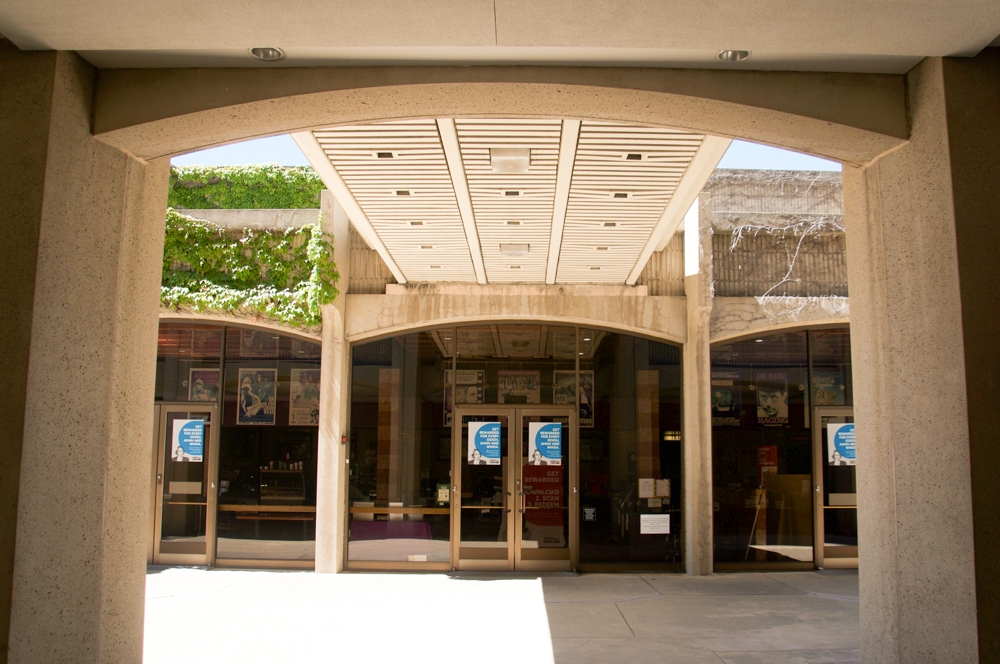
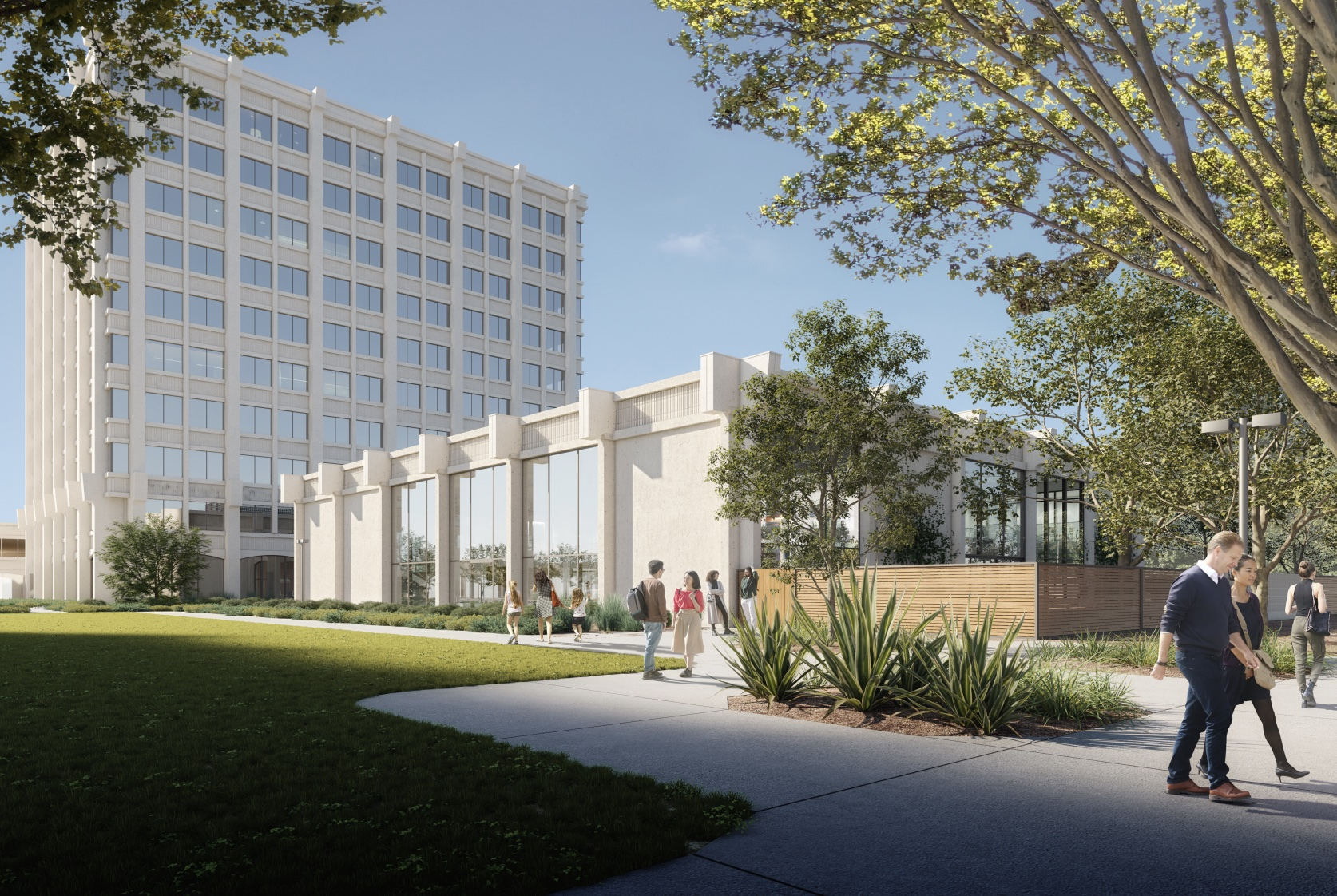

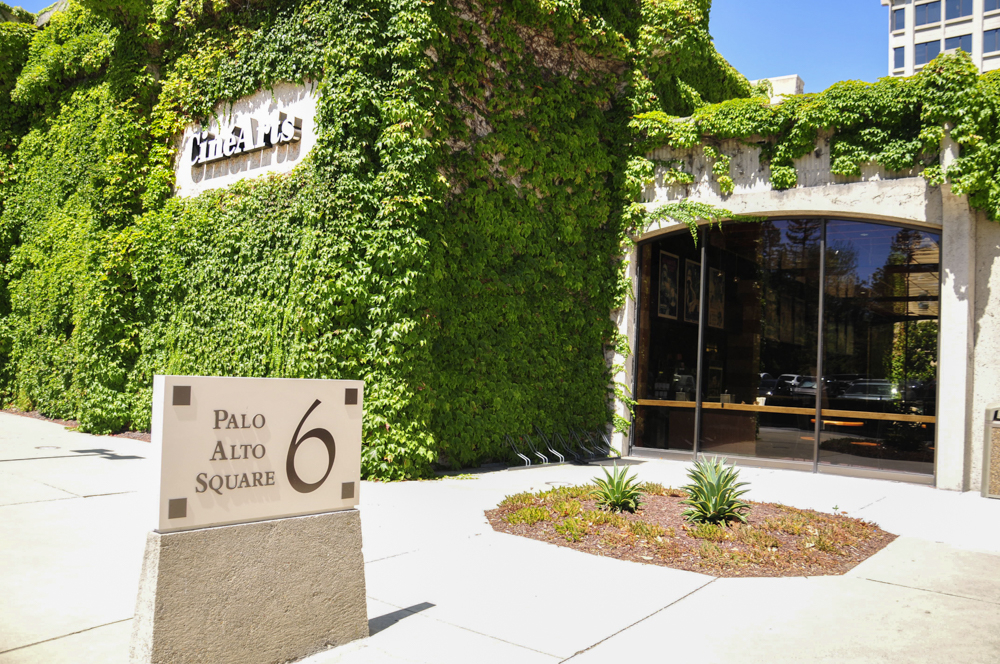
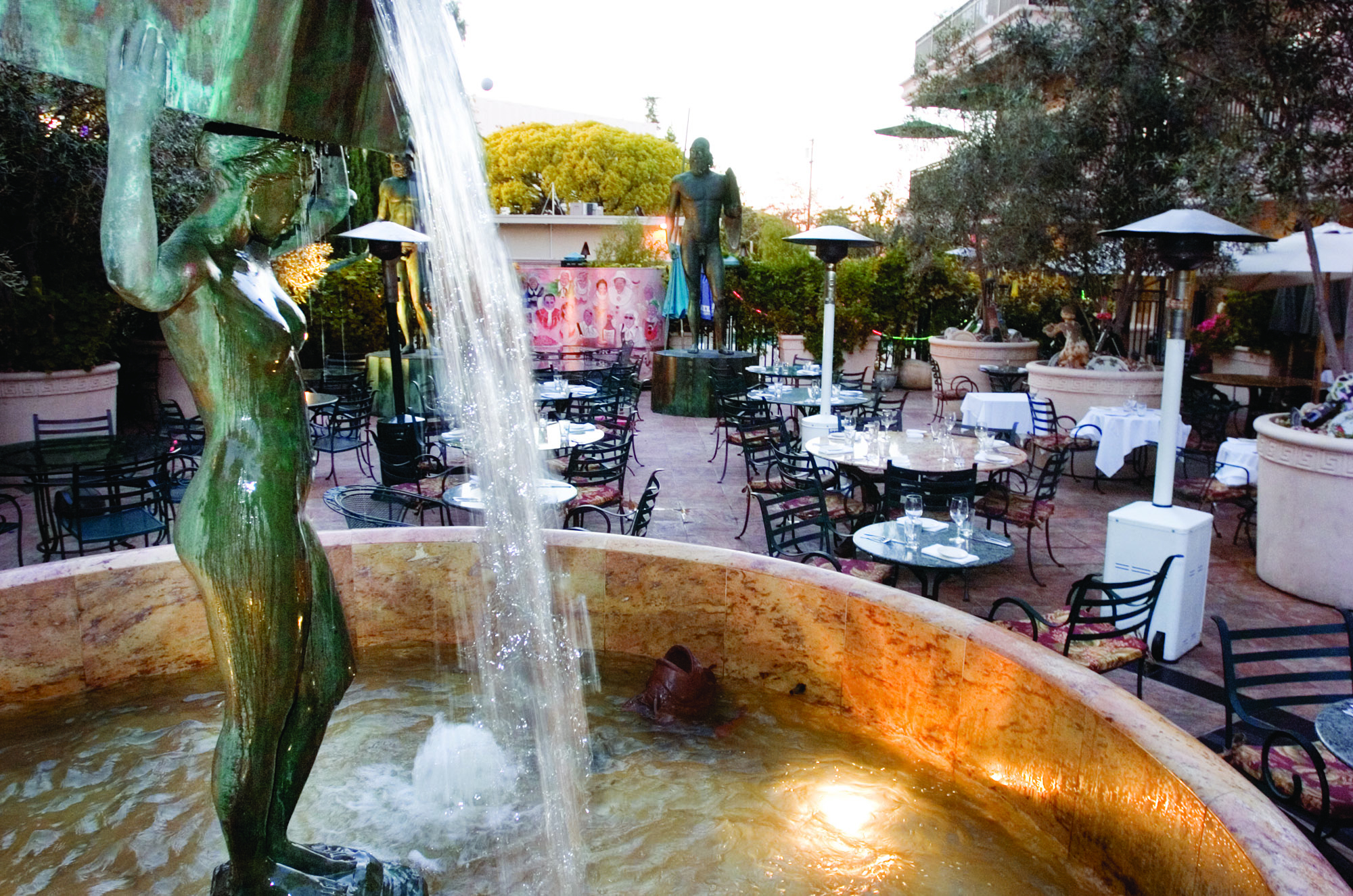
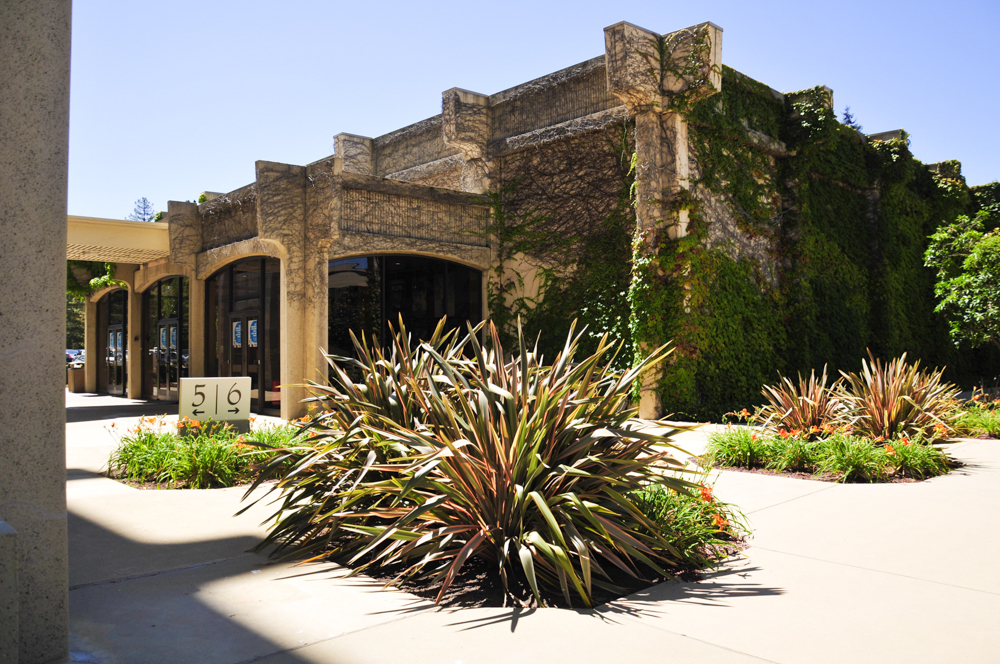

Comments